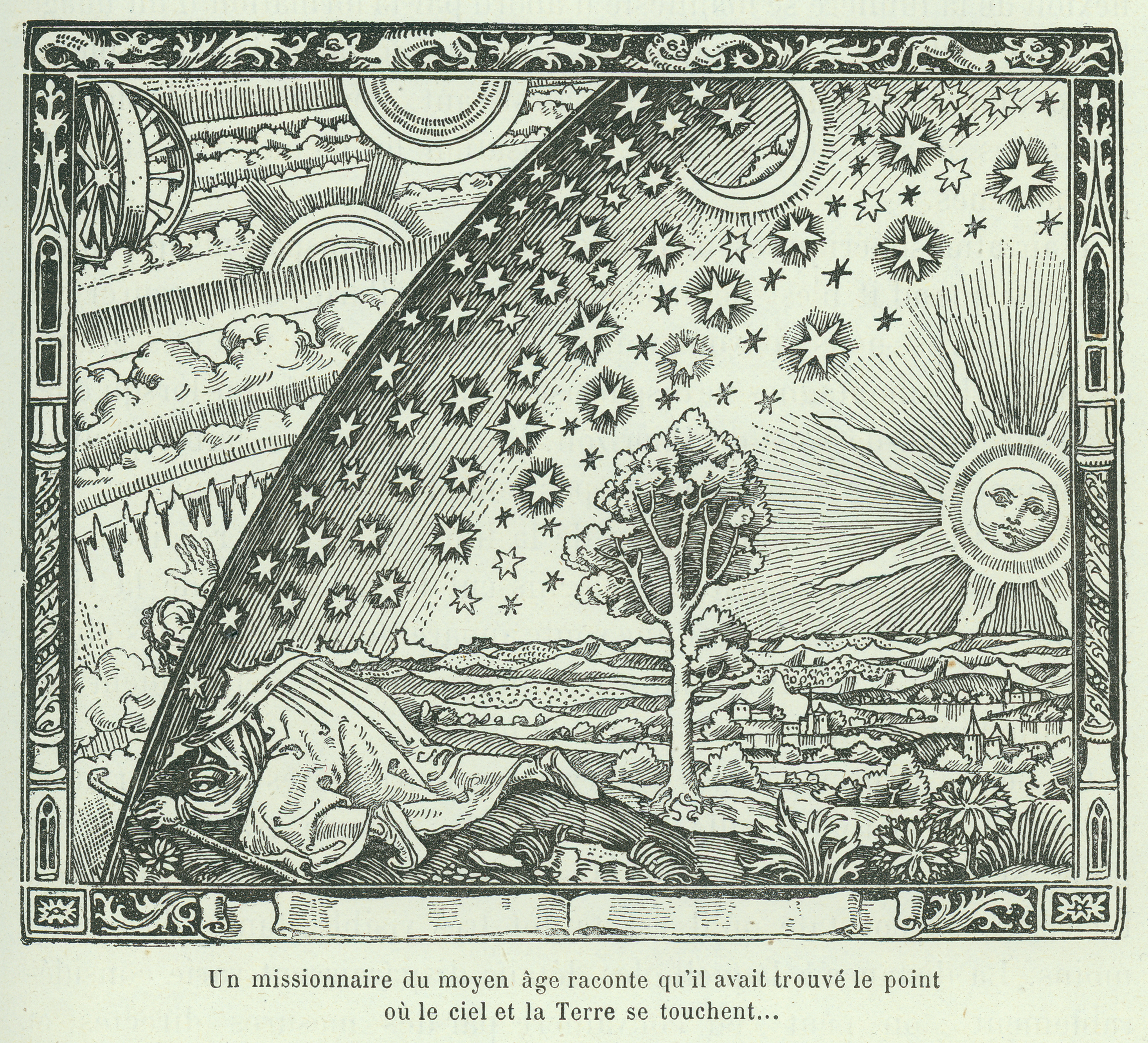At times our own light goes out and is rekindled by a spark from another person. Each of us has cause to think with deep gratitude of those who have lighted the flame within us.
~Albert Schweitzer
It's been a difficult year around here. Yet I was thinking today about all the things that actually went well, the people who were kind, supportive, or (sometimes unexpectedly) took on a challenge or went the extra mile. People I found inspiring, for their insight or for their generosity. Sometimes people pass through--or out of--our lives before we have the opportunity to thank them for the difference they've made. This is a reminder to let them know. Now.
In our GT lives, challenging although these often are, there are almost certainly thanks to be given. More than five people, but it's a start. Some suggestions:
- significant other/family member: Sometimes we take our closest and most stalwart supporters for granted. Why not thank them for something that made a big difference to you? They may not even know if you don't tell them.
- a child: Although they are younger that doesn't mean that kids can't give adults new insight, new motivation, new wisdom. Acknowledge someone who did this.
- a peer: Thank another parent, educator or committee member, someone who offered support knowing what it is like to be in your situation.
- a resource: Someone who you may not have even met in person may have provided information, help or inspiration through a book, an article, a presentation or online. Let them know.
- across roles: Are you grateful to someone who crossed lines of similarity in roles, who might have a different vantagepoint? A boss, someone you hired, a remarkable educator or a special parent when that is not your role. The extra effort on this person's part is all the more reason for thanks.
 |
| Not your average turkey; this one counts his GT blessings |
You needn't be long-winded in your thanks, but do be specific and sincere. It can be spoken, a quick handwritten personal note, or even an email. Or you can not only thank that someone but also cc. others or express it publicly so that your appreciation is more widely known. Need some words to get you started? Try something like this: "In this season of thanksgiving I was thinking about who I feel especially grateful for and you came to mind. I really appreciated when/how you _____________. This made a difference because _____________. Thank you."
It may take a moment's effort but your thanks can be very meaningful to the receiver. And the reflection benefits the sender as well. Parenting and educating gifted children can involve a lot of struggle. Finding ways to appreciate and express the positive lightens the load and the outlook for everyone.
Don't put it off. You--and others--will be grateful you did.



